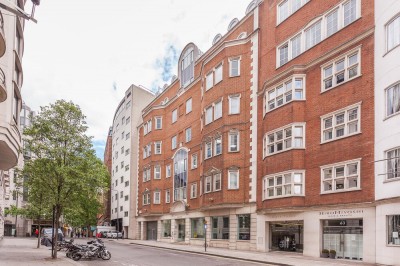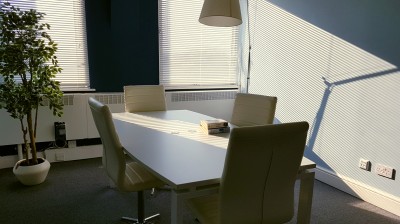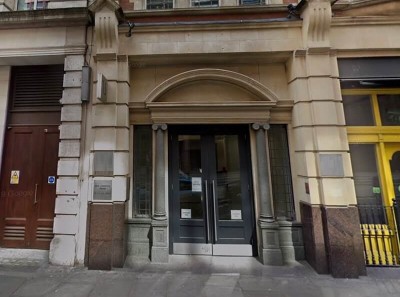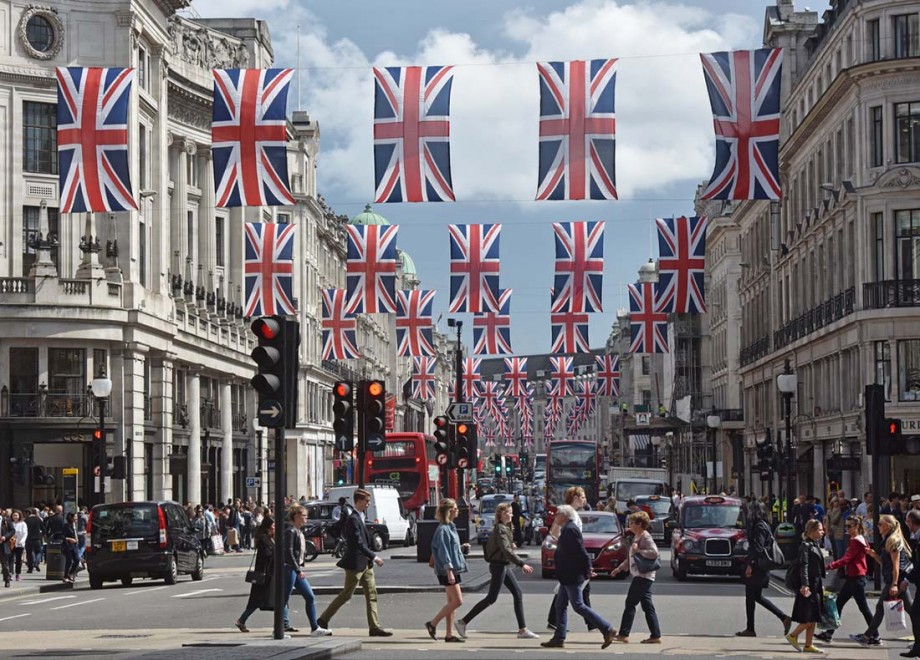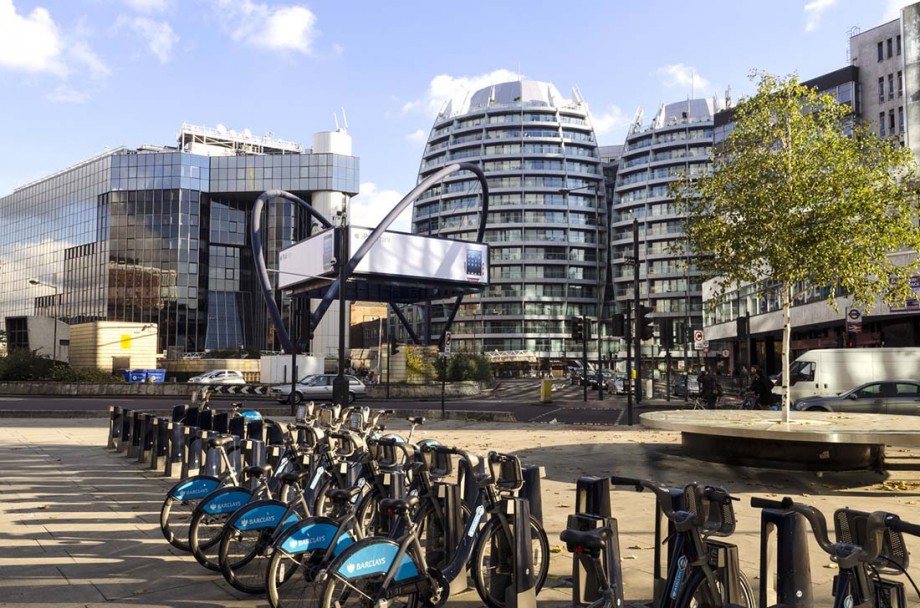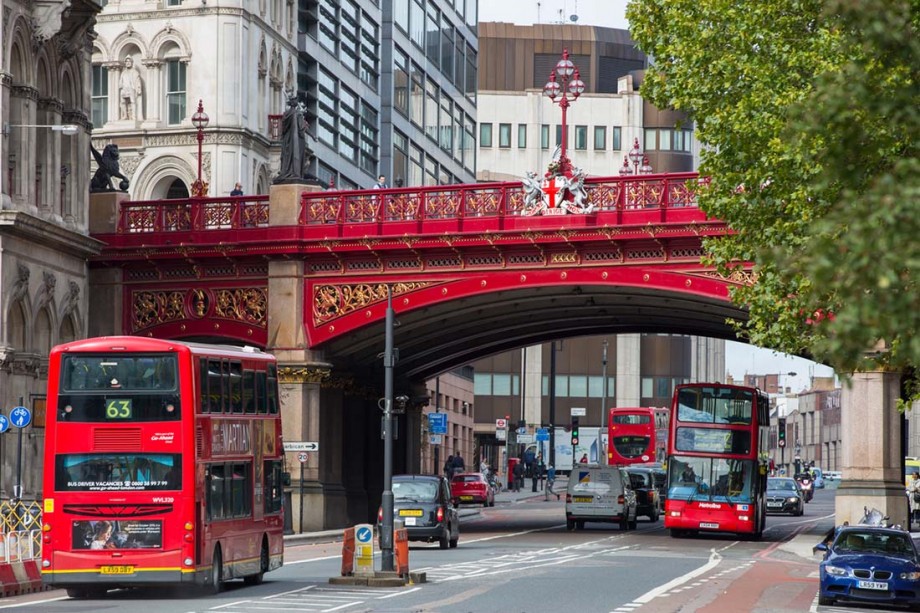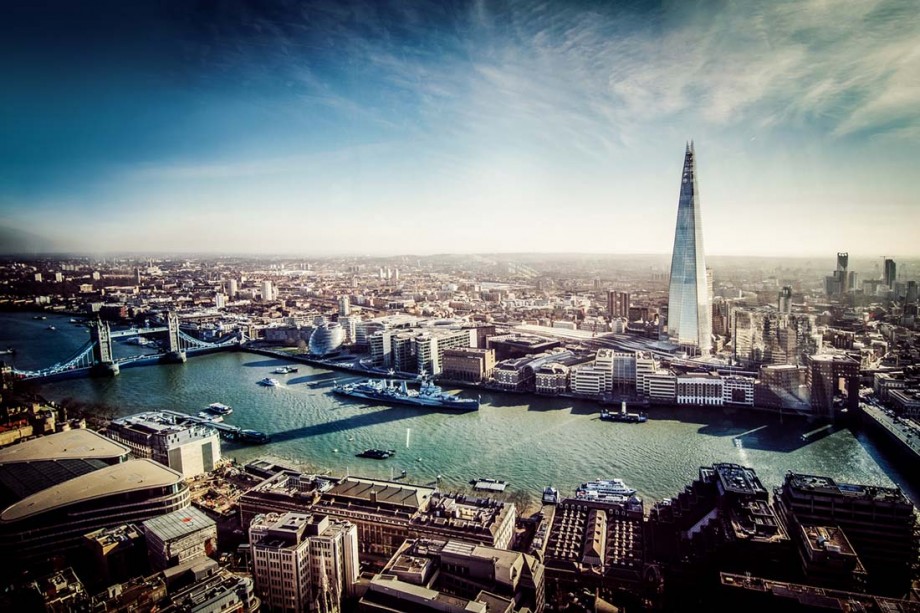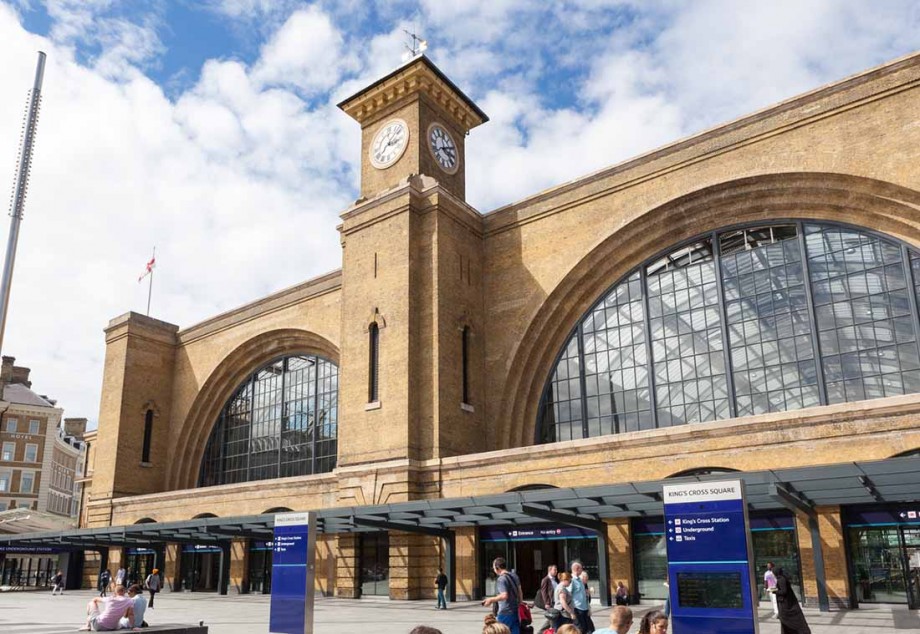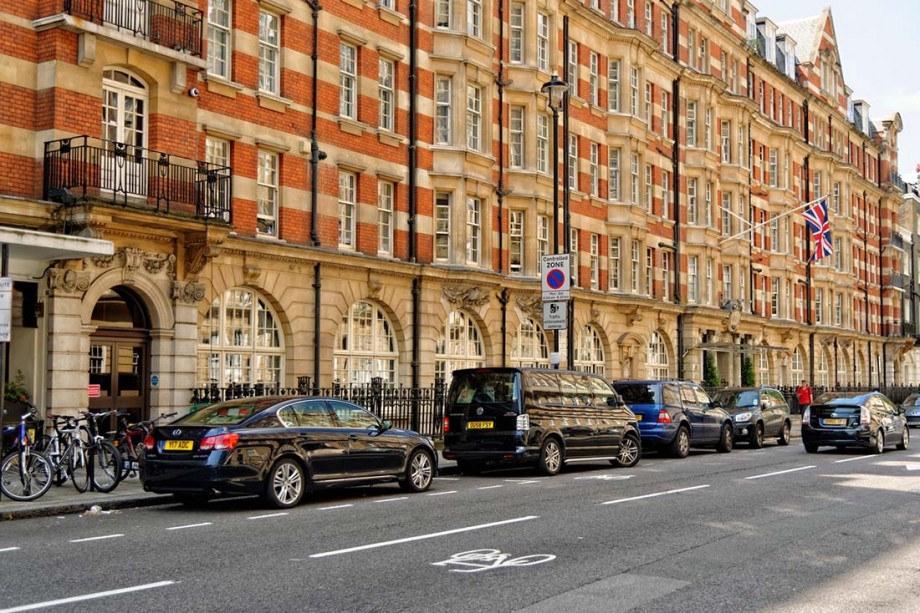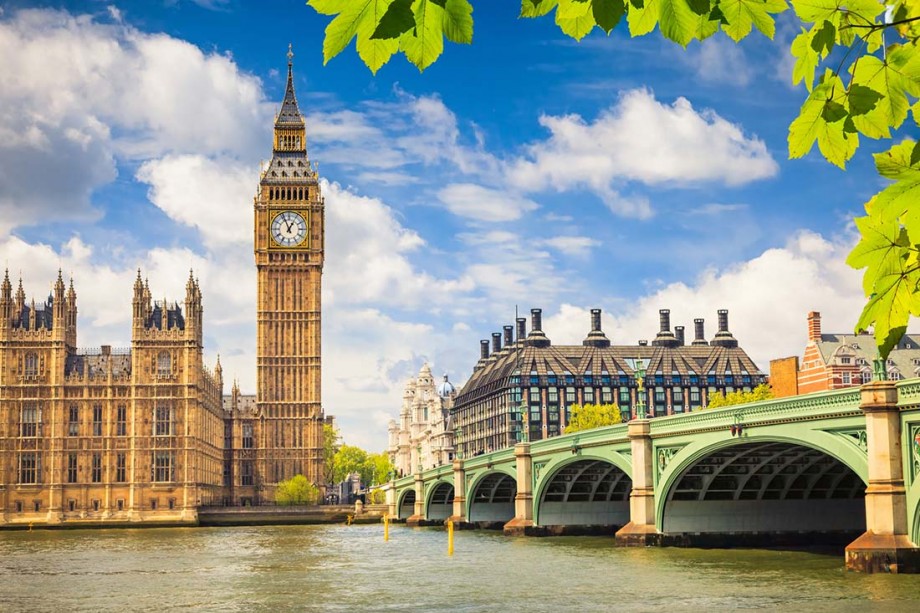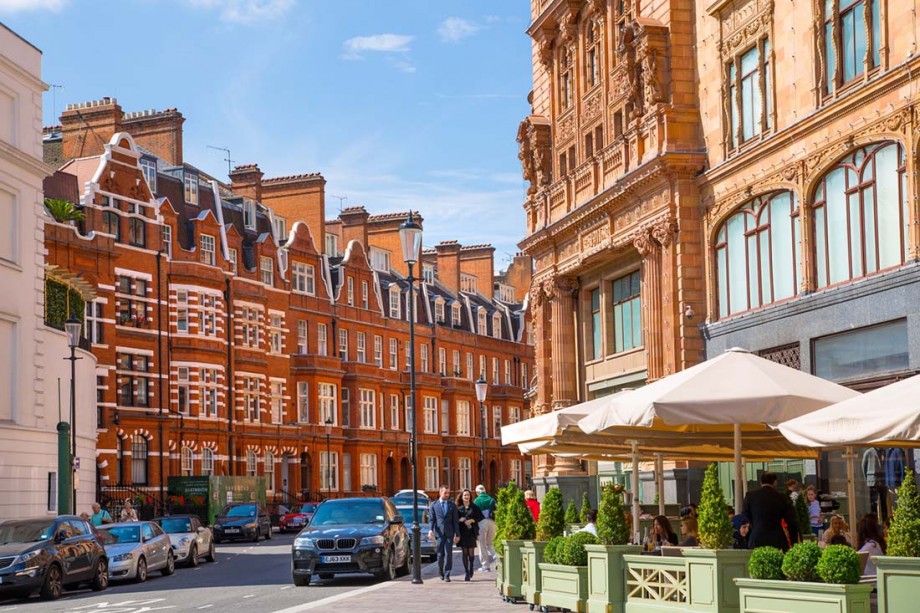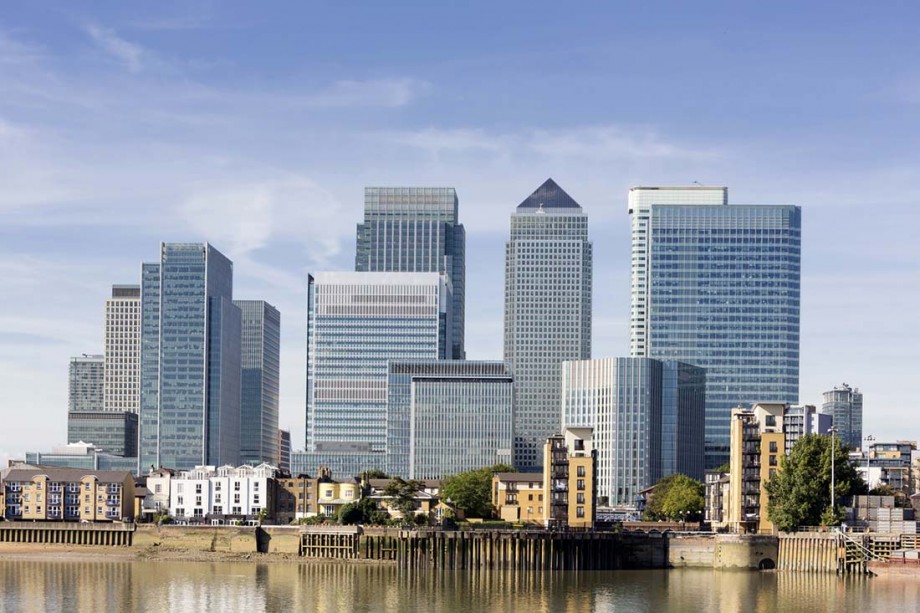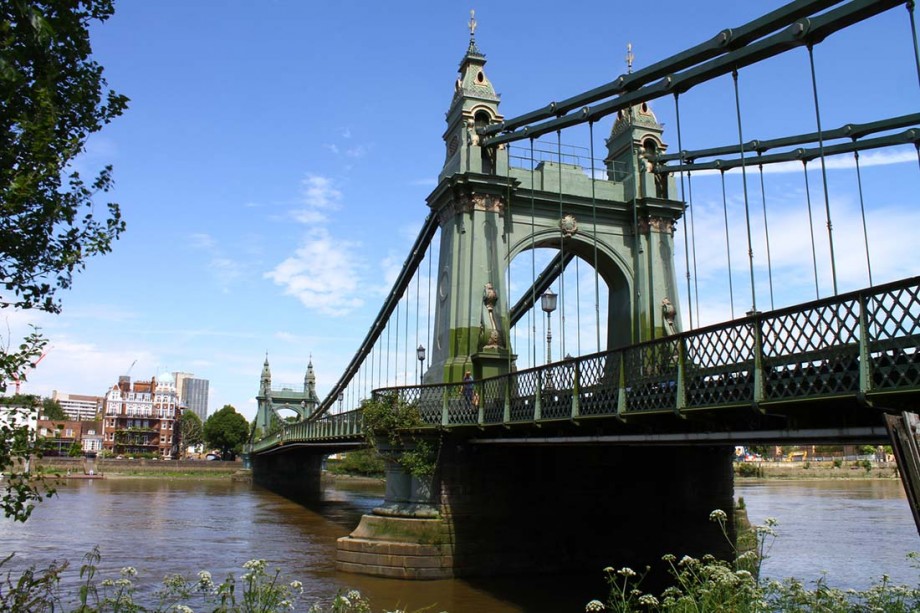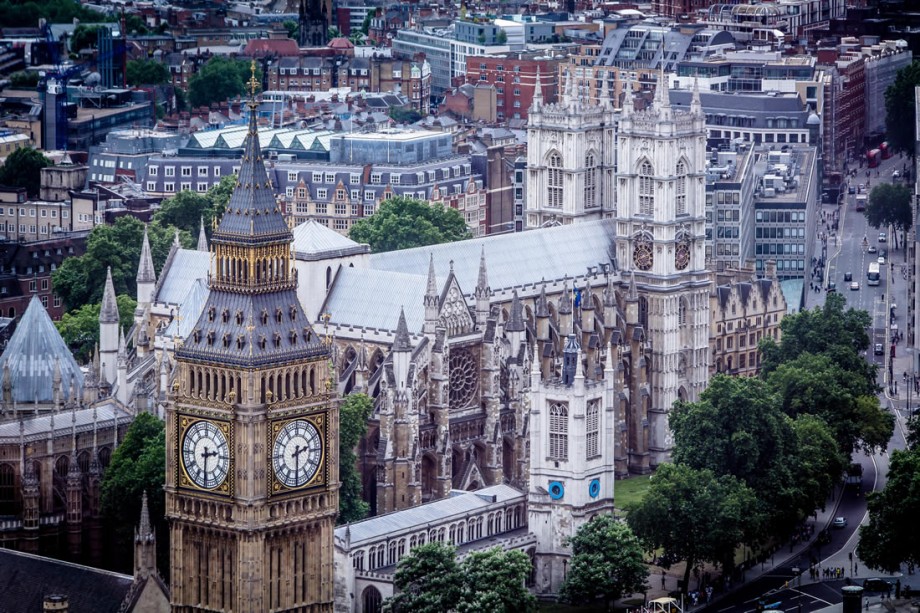Office space in London
From finance and fashion to music and technology and everything in between, London remains at the heart of almost every critical social, cultural, and economic revolution as it happens.
It’s a city that is always on the move and forever evolving, which is why it is seen by many as the business capital of Europe. This has driven and is reflected in the development of the flexible workspace market, which continues to grow, with hybrid and serviced offices in London becoming the preferred option for small start-ups through to multi-million-pound brands.
According to the U.S. News, the UK is still the fourth most popular choice for start-up businesses in the world. While London takes the second place in Global 500, says Innovation Cities Index.
What kind of office space can you find in London?
The diversity of office spaces in London caters to all business needs, each with its unique set of features offering specialised advantages in today's dynamic business environment.
Serviced Offices in London: These are fully equipped and managed by a facility management company. Ideal for businesses seeking flexible terms and minimal setup efforts, serviced offices offer amenities like reception services, meeting rooms, and IT support.
Leased Offices in London: Offering long-term stability, leased offices are bare spaces rented directly from a landlord. They're suitable for businesses looking to tailor their workspace and establish a permanent presence.
Co-working Office Spaces in London: These vibrant, shared environments foster collaboration and networking. Perfect for freelancers, start-ups, or remote workers, co-working spaces provide a dynamic and flexible working atmosphere.
Managed Offices in London: Combining elements of serviced and leased offices, managed offices provide a customised space managed by a third party, allowing businesses to focus on their core activities without the hassle of office management.
Sublet Offices in London: Subletting involves renting from a current tenant rather than a landlord. This option often offers shorter lease terms and can be more cost-effective.
Virtual Offices in London: For businesses that do not need a physical space but require a professional address, virtual offices offer services like mail handling, phone answering, and access to meeting rooms.
Meeting Rooms in London: Available for rent by the hour or day, meeting rooms in London cater to all types of business gatherings, from client meetings to team brainstorming sessions, equipped with the necessary technology and facilities.
Average London Office Rental Prices
The rental price range of offices in London is quite broad as it depends on the office location and the amenities being provided. Below is a breakdown of the average cost of renting a flexible working space in London*:
|
Area |
Hot Desk |
Fixed Desk |
Private Office |
|
St James’s |
£220 - £280 |
£300 - £450 |
£500 - £850 |
|
Mayfair |
£250 - £350 |
£450 - £550 |
£650 - £1,100 |
|
Knightsbridge |
£200 - £300 |
£350 - £450 |
£700 - £1,000 |
|
Marylebone |
£200 - £300 |
£350 - £400 |
£450 - £800 |
|
Victoria |
£275 - £325 |
£350 - £400 |
£500 - £900 |
|
Soho |
£50 - £400 |
£300 - £550 |
£400 - £800 |
|
Paddington |
£200 - £300 |
£350 - £450 |
£600 - £900 |
|
King’s Cross |
£200 - £350 |
£250 - £400 |
£400 - £850 |
|
Covent Garden |
£200 - £280 |
£300 - £450 |
£500 - £850 |
|
City of London |
£200 - £300 |
£325 - £550 |
£400 - £1,000 |
|
Camden |
£150 - £200 |
£200 - £400 |
£350 - £600 |
|
Euston |
£175 - £300 |
£250 - £400 |
£400 - £850 |
|
Farringdon & Clerkenwell |
£200 - £300 |
£300 - £400 |
£400 - £800 |
|
Farringdon |
£200 - £300 |
£300 - £400 |
£450 - £800 |
|
Old Street |
£150 - £300 |
£250 - £450 |
£350 - £750 |
|
Holborn |
£200 - £350 |
£300 - £550 |
£400 - £800 |
|
Bloomsbury |
£175 - £300 |
£250 - £400 |
£400 - £750 |
|
Kensington & Chelsea |
£175 - £300 |
£300 - £500 |
£550 - £850 |
|
Shoreditch |
£50 - £300 |
£350 - £400 |
£350 - £800 |
|
Waterloo & London Bridge |
£250 - £350 |
£350 - £500 |
£400 - £900 |
|
Waterloo |
£250 - £350 |
£350 - £550 |
£350 - £850 |
|
Canary Wharf |
£150 - £250 |
£350 - £500 |
£500 - £1,000 |
|
Belgravia |
£200 - £250 |
£300 - £400 |
£500 - £800 |
|
Fitzrovia |
£200 - £300 |
£400 - £500 |
£500 - £800 |
|
Westminster |
£200 - £250 |
£300 - £400 |
£500 - £700 |
|
West End |
£200 - £375 |
£350 - £550 |
£450 - £950 |
|
Whitechapel |
£200 - £280 |
£300 - £450 |
£500 - £850 |
|
Hackney |
£150 - £250 |
£200 - £350 |
£250 - £400 |
|
Islington |
£200 - £350 |
£300 - £450 |
£400 - £650 |
|
Vauxhall |
£200 - £300 |
£300 - £450 |
£500 - £850 |
*Guide prices per person per month, excl. vat.
The Economy of The Capital
The financial crash in 2009 changed the entire commercial landscape in the capital, and as a result, rents were reduced to incentivise businesses to invest in new office spaces. This has seen the likes of Google, Facebook, Amazon, and Intel open new offices in the capital, while thousands of SMEs have taken the opportunity to grow and expand their operations.
London has the sixth largest city economy in the world, with a GDP of £568 billion, which accounts for approximately 22% of the UK's total GDP. The capital has a wide and varied economy that helps many sectors thrive, although the financial industry remains the largest. The sector continues to grow due to the central time zone and its connection with American and Asian markets, giving it a distinct advantage over other major European cities.
The capital also hosts the headquarters of several of the largest banking organisations in the world. From Lloyd’s of London and HSBC to Barclays and Standard Chartered, they each play a pivotal role in maintaining London’s financial prominence. For example, HSBC has over 7,500 offices established worldwide, while Barclays generates revenues of over £30 billion each year. Leading international banks have also set up home here for many years, including Deutsche Bank, which makes up part of the 251 foreign banks currently in operation.
The investment management sector in London is also one of the world’s largest, and even in a post-Brexit environment, it will remain a highly desirable destination for investors. A survey of fund managers currently working in the UK stated the regulatory setup was favourable compared to many other countries, and the available financial opportunities were plentiful. Put simply, London is a market leader in fund management, and it will remain a central hub thanks to the vast range of expertise and knowledge currently available to global markets.
Central to strengthening London’s economy is The London Plan. It was published in 2016 with the aim of making the capital a world leader in key sectors, with a set target date of 2036. This includes areas such as tourism, e-commerce, and the implementation of fundamental practices to support environmental sustainability that will enable further development of the economy.
How big is the London office space marketplace?
London continues to be a significant player in the global commercial office market, though its position in terms of investment and development is nuanced.
As of November 2023, Middle Eastern investment in central London offices was approximately £621m, consistent with the previous 5-year average. This demonstrates the city's continued appeal to a global market, with London maintaining its reputation as a desirable location for international investors.
The London office market, particularly in areas of industrial property and retail warehouses, is forecasted to be among the top performers in the UK property market from 2024-2028. These sectors are expected to experience annualised investment returns between 8.5% and 9.2%. The demand for high-quality, sustainable buildings is shaping the market, focusing on properties that meet environmental, social, and governance (ESG) criteria.
Despite the uncertainties brought about by Brexit and challenges created by the COVID-19 pandemic, London remains a crucial destination for cross-border investment. The city is expected to see robust rental growth in the office sector over the next half-decade, driven by a long-term shortage of office space and an emphasis on premium-grade offices prioritising modern amenities and sustainability.
While London's commercial office market faces challenges and uncertainties, its outlook remains positive, with solid development activity and sustained interest from international investors.
London office space caters to a variety of industries
While the landscape of businesses operating in London is wide and varied, certain industries are grouping together in clusters for smooth operation and easy collaboration purposes.
Office Spaces for the PropTech Sector
The PropTech sector is firmly established in the east end of London around the Shoreditch and Clerkenwell areas, which are only a stone’s throw away from Chancery Lane, Holborn and the city's centre. You will also find key players located in Barbican and Mansion House.
FinTech Offices in London
FinTech is an industry firmly on the rise and it has found a home in Tech City at Old Street. The close proximity to the financial heartland of the capital makes it easy to build relationships with potential investors, with a wide variety of travel options also available nearby. London’s South Bank also hosts a cluster of FinTech companies, while Canary Wharf and Croydon are two other notable hotspots. Elsewhere, you will find the likes of the Francis Crick Institute and the Alan Turing Institute.
In recent years, Kings Cross has transformed itself into one of London's most desirable places to set up a tech business. It is now home to both Google and Facebook.
Co-working Office Spaces for Busy Creatives
London is renowned for its creative industries, and Soho has long been a hotbed for a mixture of small and large agencies. Since the late ‘90s, Shoreditch has developed a reputation for the many creative companies that have taken up residency in converted warehouse spaces in and around Brick Lane. South Bank is a world-renowned cultural arts centre, so it makes sense that like-minded businesses also base their activities in the local area.
Over the years, Fleet Street was synonymous with the British newspaper industry. All of the major news companies have since left, but it has a rich history of journalism that goes back hundreds of years in the capital.
You’ll find the capital's jewel centre, Hatton Garden, just off Chancery Lane. The jewellery trade here dates back to the start of the 19th century, and today, it is still filled with international retailers, dealers, and traders.
If you want a sharp suit in London, Savile Row is still the place to go for a tailored fit. Tailors first arrived in the late 18th century, and the tradition remains as strong as ever.
Retail Spaces for Entertainment and Hospitality Industries
The West End is known worldwide for its amazing variety of entertainment, restaurants, and shopping. From Regent Street and Piccadilly to Oxford Street, Bond Street, and Leicester Square, there are a host of retail and media entertainment businesses located nearby.
Other areas to take note of in the capital are Hammersmith, which is home to a cluster of entertainment and art-based businesses, while Camden is also known for its collection of creative entrepreneurs.
Local Talent in London
Businesses of all sorts, large corporations and small emerging start-ups in London benefit from easy access to a diverse and skilled workforce nurtured by the city's academic excellence. Local talent here is moulded by world-class educational institutions like the University of London, Imperial College, Kings College, The London School of Economics and Political Science and many other great and culturally rich institutions, making it an ideal location for any company seeking to tap into a wealth of expertise and innovation.
Looking for Offices to Rent in London?
Get in touch with the Prime Office Search team today if you are searching for the right office space to suit your business. Alternatively, you can browse our available London co-working spaces, managed offices, serviced spaces and virtual office spaces.
Whether you're a start-up, medium-sized firm, or a multi-national company, we make it easy to locate affordable and appropriate office spaces that fit your business's needs. Our expert consultants take the time to understand your requirements and use their in-depth industry knowledge to find the right solution that makes financial and operational sense.


